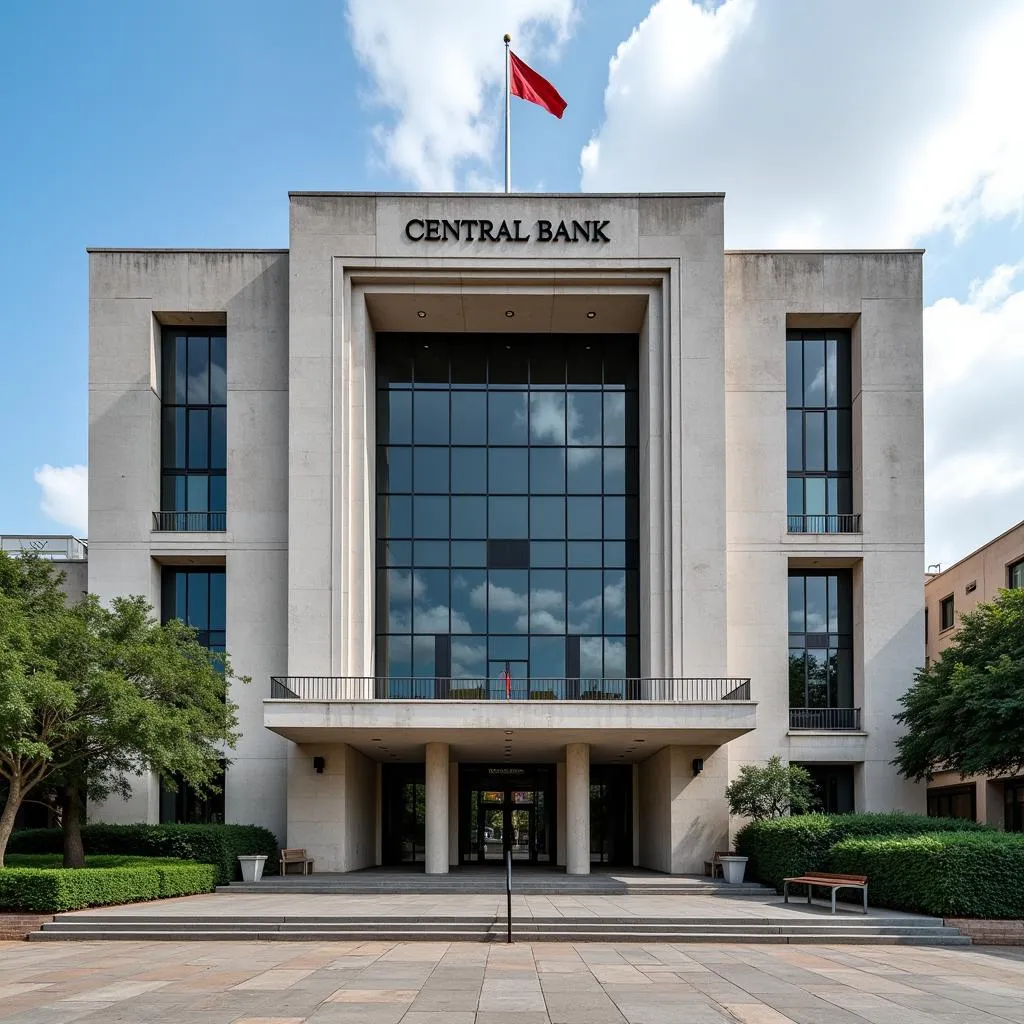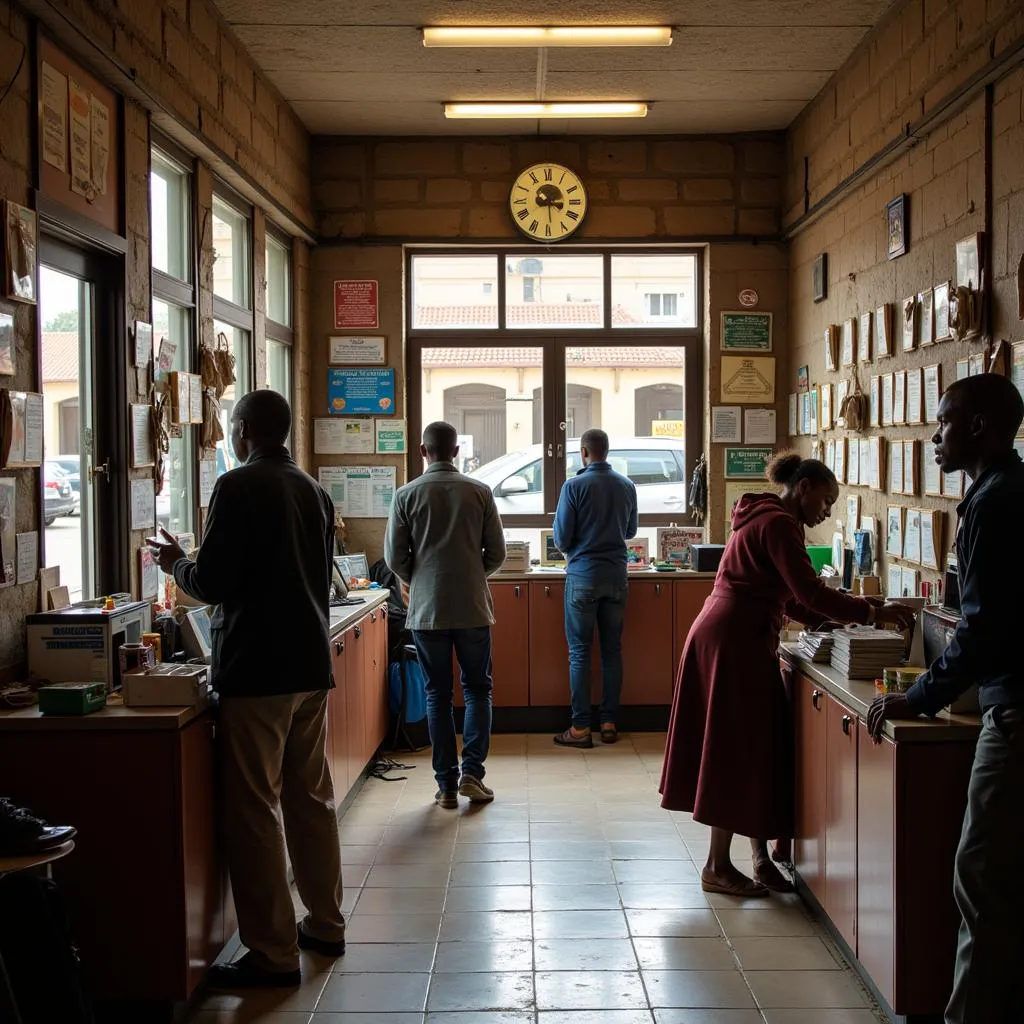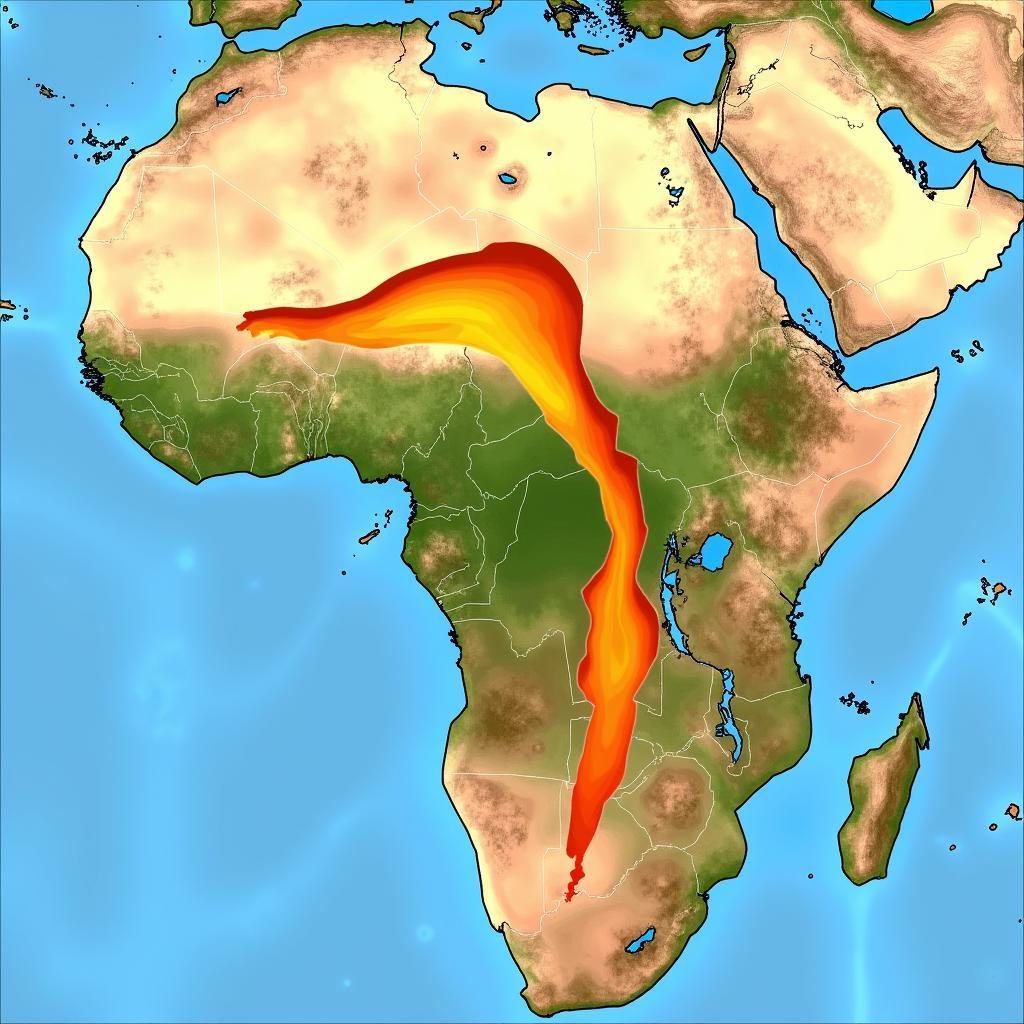Navigating African Currencies: A Guide to Exchange Rates and Value
Understanding the value of African countries’ currencies is crucial for anyone traveling to the continent, investing in its diverse economies, or simply wanting to grasp the economic landscape of this fascinating region. With 54 countries and a myriad of currencies, navigating the world of African currency exchange rates might seem daunting. This comprehensive guide sheds light on the complexities of African currencies, providing valuable insights into their values and the factors influencing their fluctuations.
The Diversity of African Currencies
Africa boasts a diverse range of currencies, each with its own history and value proposition. While some nations have embraced regional currency unions, like the West African CFA franc, others maintain independent monetary systems, reflecting their unique economic realities.
Factors Influencing Currency Value
Several key factors influence the value of African currencies against major global currencies like the US dollar or the Euro. These factors include:
-
Commodity Prices: Many African economies rely heavily on exports of natural resources such as oil, gold, and agricultural products. Fluctuations in global commodity prices directly impact currency values. For instance, a surge in oil prices often leads to a strengthening of currencies in oil-exporting nations like Nigeria and Angola.
-
Economic Performance: Strong economic growth, characterized by factors like rising GDP, increased foreign investment, and controlled inflation, generally leads to a more robust currency.
-
Political Stability: Political instability and uncertainty can negatively impact investor confidence, leading to currency depreciation.
-
Monetary Policy: Central banks in African countries play a pivotal role in managing inflation and stabilizing their currencies through interest rate adjustments and other monetary tools.
 Modern African Central Bank Building
Modern African Central Bank Building
Comparing African Currencies
Directly comparing the nominal exchange rates of different African currencies doesn’t provide a complete picture of their purchasing power. For instance, while 1 US dollar might fetch a significantly higher amount of one African currency compared to another, the cost of goods and services in those countries can vary greatly.
Understanding Exchange Rates
When exchanging currencies in Africa, it’s essential to be aware of prevailing exchange rates. Exchange rates can fluctuate frequently, influenced by market forces such as supply and demand.
- Banks: Banks typically offer competitive exchange rates but might charge transaction fees.
- Currency Exchange Bureaus: Found in airports and major cities, these bureaus provide convenience but often have less favorable rates.
- Black Market: While tempting for their seemingly attractive rates, it’s best to avoid the black market due to the risks involved.
 Currency Exchange Bureau in Africa
Currency Exchange Bureau in Africa
Tips for Travelers
- Research Before You Go: Familiarize yourself with the current exchange rates for your destination country.
- Notify Your Bank: Inform your bank about your travel plans to avoid any issues with using your cards abroad.
- Carry Small Denominations: Having local currency in small denominations is useful for smaller purchases and tips.
- Negotiate: Don’t hesitate to negotiate prices, especially in markets and with informal vendors.
The Future of African Currencies
The landscape of African currencies is constantly evolving. Several nations are exploring the adoption of digital currencies, aiming to enhance financial inclusion and streamline transactions. The African Continental Free Trade Area (AfCFTA) agreement also holds the potential to impact currency values and trade dynamics within the continent.
Conclusion
Navigating the complexities of African countries’ currency value requires understanding the interplay of economic, political, and social factors. By staying informed about exchange rates, utilizing reputable exchange services, and adopting savvy financial practices, travelers and investors alike can navigate the world of African currencies effectively.


